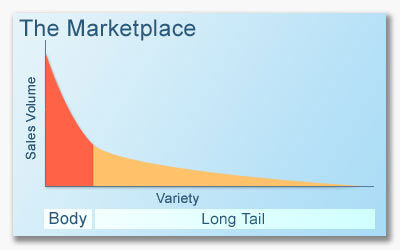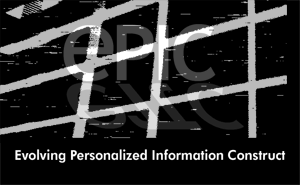From Tastemaker to Collaborative Filter
“DJ’s are like collaborative filters – but the best ones are also sources of novelty. Noise, if you like, – but good noise. Filters that can jump from peak to peak – from things I might like now, to things I will like when my preferences will evolve (or, better yet, that evolve my preferences). Algorithmic solutions don’t do this yet – and probably won’t for a while, because it’s a (really) hard problem. But it’s also a (really) big market gap.” link
You don’t need an algorithmic solution when you can have your users brute force it for you more accurately, and also introduce novelty.
The question becomes where are you going to get a dedicated group of users who are willing to invest their time, efforts and attention into your system?
Untold numbers of music fans & teenagers seems like a good place to start.
“MTV Hits, an MTV offshoot channel in UK, will turn into a fully interactive service, encouraging viewers to choose playlists and influence the on-screen look of the network.
From later this year viewers will initially be invited to create their own home pages on MTV.co.uk, with features including personal blogs, all-time favourite track lists and current favourites.” –link

 In nature, adaptations/mutations have consequences. Constant feedback is provided by the environment using signals ranging from prosperity to death.
In nature, adaptations/mutations have consequences. Constant feedback is provided by the environment using signals ranging from prosperity to death.
